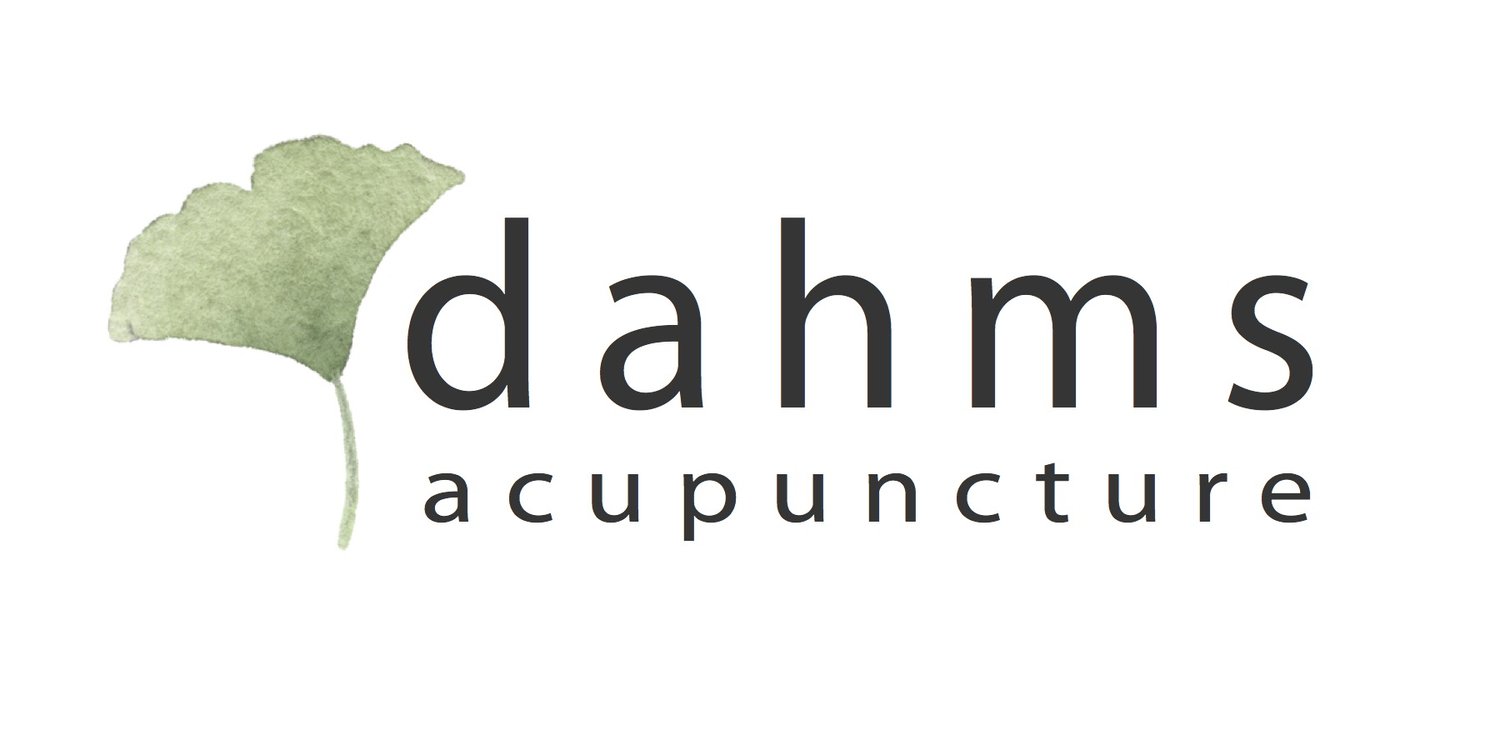How Acupuncture Stimulates the Vagus Nerve to Reduce Stress
/In our fast-paced lives, stress often feels like an unwelcome companion. While there are many ways to manage stress, acupuncture has gained attention for its calming effects. But have you ever wondered how it works? One fascinating explanation involves the vagus nerve, a key player in the body’s stress response. Let’s explore how acupuncture might stimulate the vagus nerve and help reduce stress.
What Is the Vagus Nerve?
The vagus nerve is one of the longest and most important nerves in your body. It runs from your brain down to your stomach, connecting your heart, lungs, and digestive system along the way. Think of it as a communication superhighway between your brain and your body.
The vagus nerve is a major part of the parasympathetic nervous system, also known as the "rest and digest" system. When activated, it helps calm the body by slowing your heart rate, improving digestion, and reducing the release of stress hormones like cortisol.
How Stress Affects the Vagus Nerve
When you’re stressed, your body shifts into "fight or flight" mode. This is controlled by the sympathetic nervous system, which raises your heart rate, tenses your muscles, and increases stress hormones.
The vagus nerve counters this response by activating the parasympathetic nervous system. However, during chronic stress, the vagus nerve can become less effective at calming the body. This is where acupuncture may help.
Acupuncture and Vagus Nerve Stimulation
Acupuncture involves placing thin needles at specific points on the body. Many of these points are located near nerve pathways, including areas connected to the vagus nerve. For example:
Auricular Acupuncture: This type of acupuncture targets points on the ear, which have direct connections to the vagus nerve. Stimulating these points can enhance vagal activity, promoting relaxation and reducing stress.
Body Acupuncture: Points on the body, such as those on the neck and torso, may also indirectly stimulate the vagus nerve by influencing nearby nerve pathways or improving blood flow to critical areas.
Research shows that stimulating the vagus nerve through acupuncture increases something called "vagal tone," which is a measure of how effectively the vagus nerve is working. Higher vagal tone is linked to better stress management, lower inflammation, and improved mental well-being.
What Happens When the Vagus Nerve Is Stimulated?
When acupuncture activates the vagus nerve, it triggers a cascade of calming effects:
Heart Rate Slows: The vagus nerve helps reduce an elevated heart rate, one of the body’s key stress responses.
Stress Hormones Decrease: Vagus nerve stimulation reduces cortisol levels, helping you feel more relaxed.
Improved Digestion: Stress often disrupts digestion, but activating the vagus nerve can restore proper function, easing symptoms like nausea or stomach upset.
Enhanced Mood: Studies suggest that vagus nerve activation can boost levels of neurotransmitters like serotonin, which promote feelings of happiness and calm.
Scientific Evidence for Acupuncture and Stress Reduction
Studies back up the link between acupuncture, the vagus nerve, and stress relief:
A 2012 study published in Nature Neuroscience found that acupuncture stimulates specific nerve pathways connected to the vagus nerve, reducing stress and inflammation.
Research in Autonomic Neuroscience shows that auricular acupuncture directly activates vagal pathways, leading to measurable reductions in heart rate and stress markers.
A 2021 review in the Journal of Acupuncture and Meridian Studies concluded that acupuncture’s ability to improve vagal tone is one of the mechanisms behind its stress-relieving effects.
Why Acupuncture for Stress?
Acupuncture’s effects on the vagus nerve make it a natural choice for stress relief. Unlike medications that can have side effects, acupuncture provides a gentle, non-invasive way to reset the body’s stress response.
Additionally, acupuncture sessions often promote a sense of calm and relaxation, helping to break the cycle of chronic stress.
Takeaway
Acupuncture’s ability to stimulate the vagus nerve offers a scientific explanation for its stress-reducing benefits. By enhancing vagal tone, acupuncture helps calm the nervous system, reduce stress hormones, and restore balance to the body.
If you’re looking for a holistic way to manage stress, consider giving acupuncture a try. It’s more than just needles—it’s a way to harness your body’s natural ability to heal and find calm amidst the chaos.
Sources
Tracey, K. J. (2012). Reflex control of immunity. Nature Reviews Immunology.
Liu, Z., et al. (2018). Effects of auricular vagus nerve stimulation on stress-related autonomic balance in humans. Autonomic Neuroscience.
Napadow, V., et al. (2012). Brain correlates of autonomic modulation by acupuncture: An fMRI study. PLOS ONE.
Busch, V., et al. (2013). The effect of transcutaneous vagus nerve stimulation on pain perception. Brain Stimulation.









